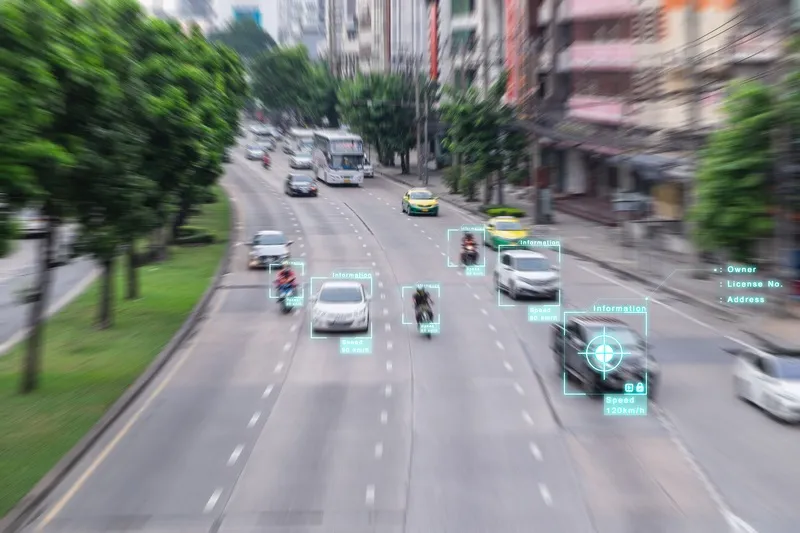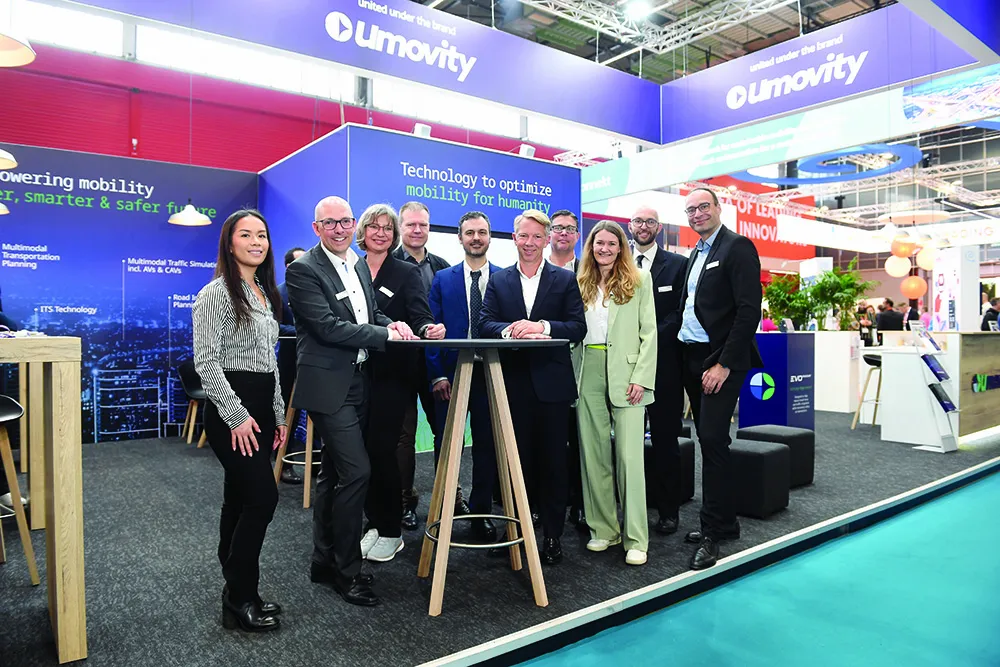June 11, 2020
Read time: 1 min

Over the past 40 years, IRD has developed and integrated countless leading-edge technologies. Recently, this has led our team into the realm of artificial intelligence.
Find out how AI is changing the way agencies collect traffic data by joining our webinar on 16 June.
The IRD team will give an overview of machine learning-enabled traffic classification and demo IRD's new iTHEIA AI video-based traffic counting and classification product.
Follow the link to register for either 8am CST or 1pm CST on 16 June:










